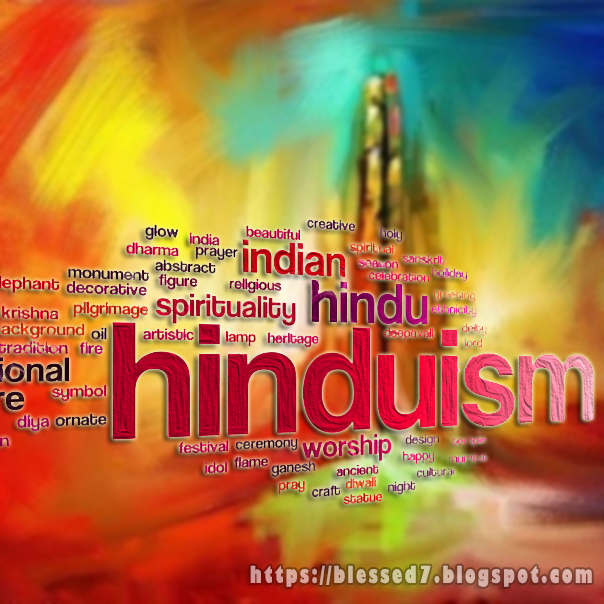Sri Mahalakshmi also spelled Laksmi, Sanskrit: लक्ष्मी lakṣmī is the Hindu goddess of wealth, love, prosperity (both material and spiritual), fortune, and the embodiment of beauty. She is the wife and active energy of Vishnu. Her four hands represent the four goals of human life considered proper in Hindu way of life – dharma, kama, artha, and moksha. Representations of Lakshmi are also found in Jain monuments. In Buddhist sects of Tibet, Nepal and southeast Asia, goddess Vasundhara mirrors the characteristics and attributes of Hindu goddess Lakshmi, with minor iconographic differences. Lakshmi is also called Sri or Thirumagal because she is endowed with six auspicious and divine qualities, or Gunas, and also because she is the source of strength even to Vishnu.

Who is Goddess Mahalakshmi?
Keresanthe Sri Mahalakshmi Temple also spelled Laksmi, (Sanskrit: लक्ष्मी lakṣmī, Hindi pronunciation: [ˈləkʃmi]) is the Hindu goddess of wealth, love, prosperity (both material and spiritual), fortune, and the embodiment of beauty. She is the wife and active energy of Vishnu.
What is the difference between Lakshmi and Mahalakshmi?
No they are not the same. Lakshmi refers to the female energy ( wife) vishnu, protector of the solar system. Mahalakshmi is different. The name refers to the wife of mahavishnu, the protector of the universe.
What is the vehicle of Goddess Lakshmi?
For example, the goddess Lakshmi of the Hindus has elephants, or an owl, or (a rare instance of a non-animal vehicle) the lotus blossom as her vehicle.
Is Laxmi wife of Ganesh?
That's why Laxmi is always worshipped along with Ganesh. Many people do not know that Laxmi is the mother of Ganesh. They wrongly consider Laxmi as the wife of Ganesh. This has a root in a story.
What are the 8 forms of Lakshmi?
The eight different forms of Goddess Lakshmi are:
- Adi Lakshmi. ...
- Dhana Lakshmi. ...
- Dhanya Lakshmi. ...
- Dhairya Lakshmi. ...
- Gaja Lakshmi. ...
- Santan Lakshmi. ...
- Vijay Lakshmi. ...
- Vidya Lakshmi.
Is Lakshmi daughter of Durga?
The word Shakti means divine force or power. Goddess Laxmi and Saraswati along with Goddess Durga are known as the Tridevi. According to Vishnu Purana, Lakshmi is the daughter of Bhrigu and Khyati and not Goddess Durga.
Is Lakshmi sister of Shiva?
Parvati and Shiva, Lakshmi and Vishnu, Brahma and Saraswati. The pairs were then tasked with creation, maintainace and dissolution of the universe together. Long story short it is Saraswati that is considered Shiva's sister, and not Lakshmi.
What does Lakshmi look like?
Lakshmi is commonly portrayed as a beautiful woman with four arms, standing on a lotus flower. There is usually one, or sometimes two elephants behind her, anointing her with water. She is often depicted sitting beneath Vishnu, massaging his feet.
Which direction should Lakshmi face?
Always place them in such a way that the worshipper is facing North East direction or North or East while praying. Keep Lord Ganesha on the left and Goddess Lakshmi on his right.
How do Laxmi pooja (puja) on Friday?
Place a clean (new if possible) red cloth on an elevated platform and decorate it with a statue of Goddess Lakshmi, Shree Yantra, Kalash filled with water, jewellery or gold/silver coin(s). Make some rice pudding (kheer) to offer the Goddess and distribute it as prasadam once the puja is over.
What do you offer goddess Lakshmi?
Once you have the groundwork laid, here are some recommendations for offering, but always remember to follow your own intuition:
- Statue, plaque or image of the goddess Lakshmi (as well as Vishnu)
- Objects in red, green, gold, hot pink.
- Lotus flowers or seeds.
- Roses in her colors.
- Stones in her colors.
- Stones for prosperity.




















